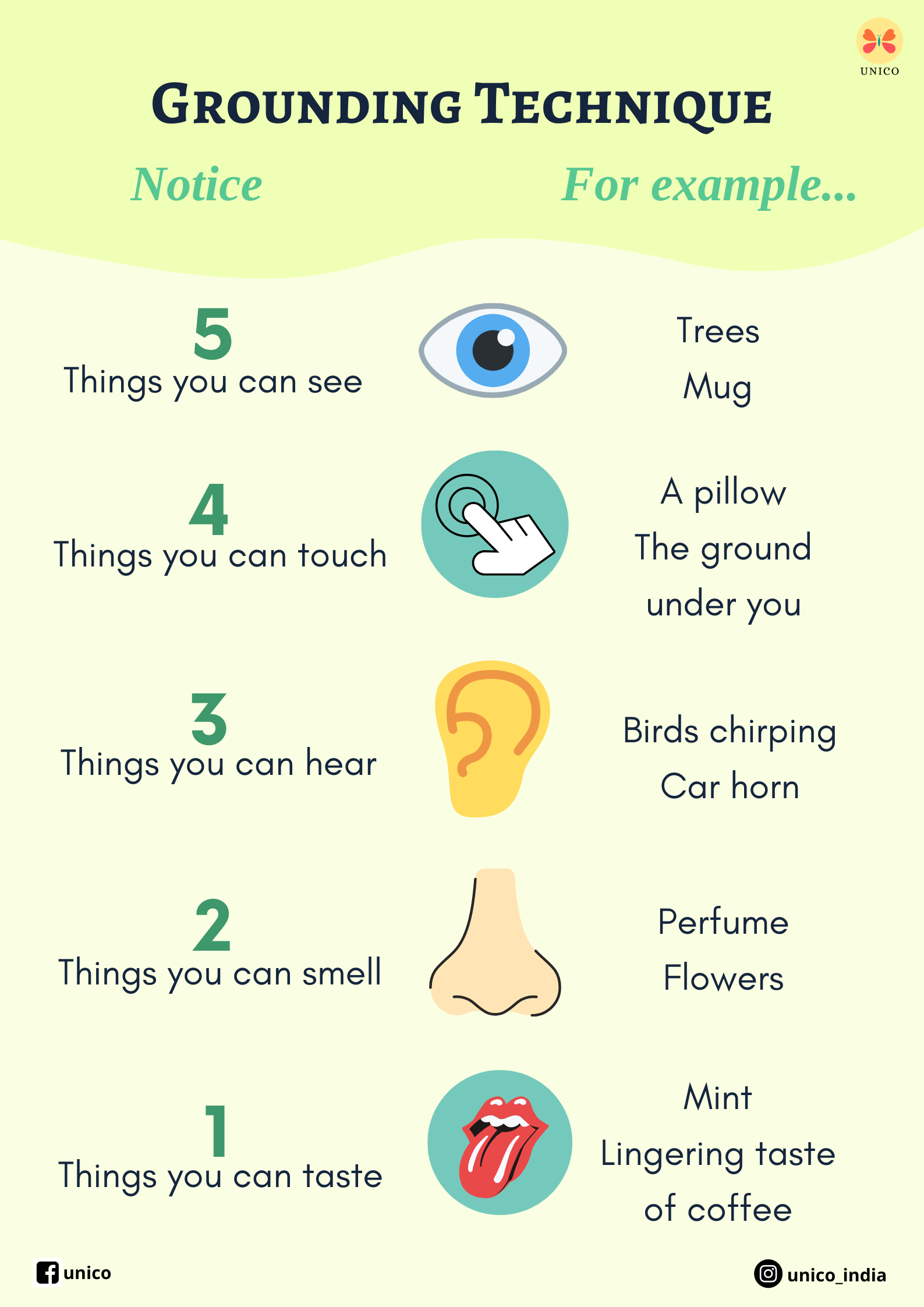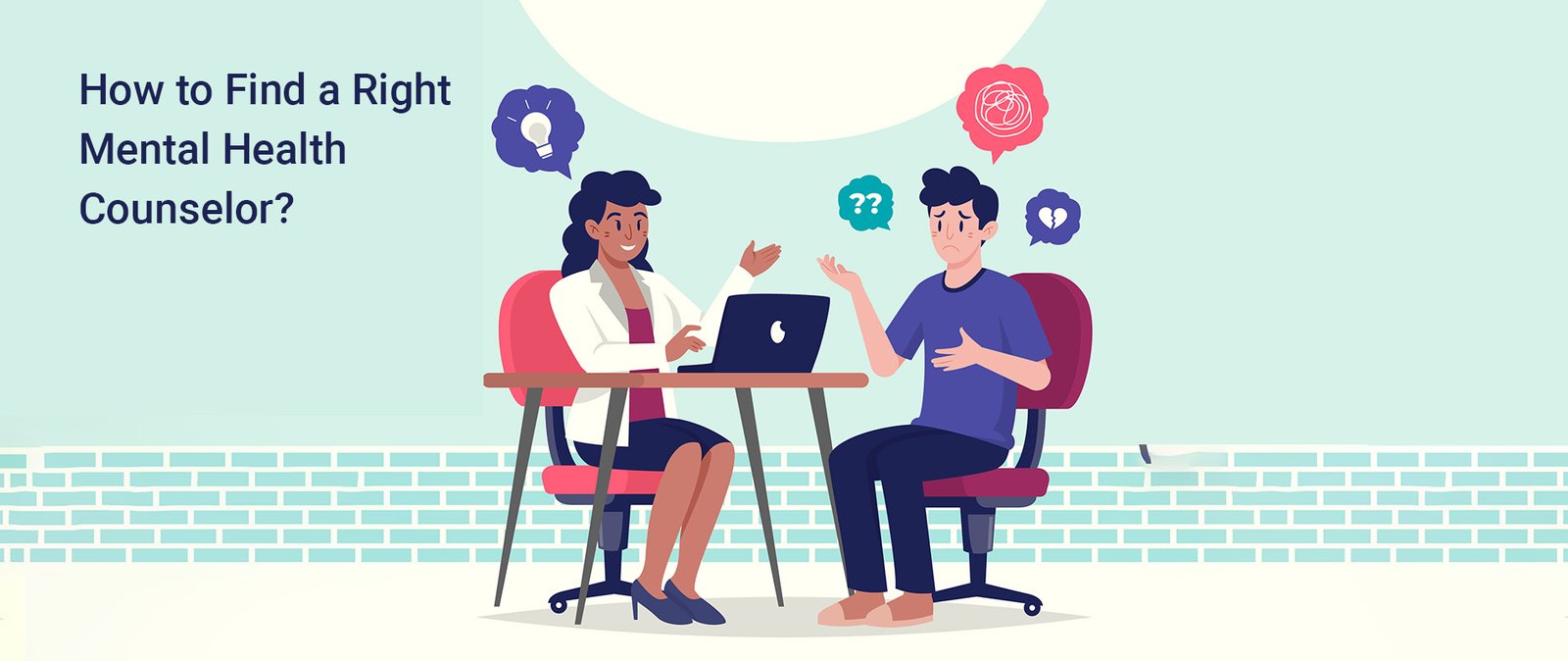We’ve all experienced it at some point in our life – be it a job interview, an exam, giving a speech, a first date or a major change. It could be in the form of sweaty palms, pounding heart, being fidgety or butterflies in your stomach. Is this a feeling of anxiousness? Or is it anxiety? Let’s look at the difference with an example –
You got a chance to bag your dream job, but first you have to appear for an interview. You might feel anxious or on edge while waiting for it, but that feeling will go away once the interview is done. However, a person having anxiety might feel so overwhelmed that he/she might not even make it to the interview. Anxiety is a more chronic and intense, psychological condition that affects your daily functioning and is characterized by uncontrollable worry and various physical symptoms. On the other hand, anxiousness is much more common and involves temporary feelings of worrying or nervousness about a task or a situation; it can be easily managed and goes away when the situation has passed. Anxiousness is one of the symptoms of anxiety disorders, but it is not the same.
Anxiousness can in fact be beneficial as it encourages you to be prepared and motivates you to perform better. Consider this – Would you have prepared so hard if you were not a bit nervous about your interview? Probably not.
There are 3 parts to anxiousness – thoughts, emotions and behaviours. Anxious thoughts are the words or images that automatically pop-up and are constantly running through your head when you’re nervous. Emotions are the feelings of anxiousness itself and the way it’s experienced may vary from person to person. For example, one might feel it as tightness in the chest while another might experience it as a pounding heart. Anxious behaviour is your actions and reactions to the situation. The best way to manage anxiousness is by changing that aspect over which you have the largest amount of control – i.e. behaviour. Instead of trying to change how you feel or what you think, change the way you act when you are anxious.
5 tips to help you manage anxiousness –
- Practice grounding – The 5-4-3-2-1 technique is a powerful way to calm an anxious mind and bring us back to the present moment using our five senses. Take some slow, deep breaths and then follow the steps given in the image:
- Get into an optimistic headspace – Many times, we feel anxious due to self-doubt, lack of confidence or worrying about messing up. Whenever this happens, engage in positive self-talk or put on some uplifting songs or videos.
- Practice relaxation – Meditation and yoga are proven methods to feel calm and centred, along with countless other benefits. It can improve your mood and help you get rid of any lingering worries or tension. For beginners, you can take small steps, starting with the duration and level you’re comfortable with and gradually work your way up. Practice it regularly and you would be surprised to see its effects.
- Unwind – Make sure to get adequate sleep and rest, especially before a big day, as fatigue can make you more anxious. Try to cut down on caffeine and have a relaxing bath before bed – it will help you get a restful sleep.
- Face your fears – If I tell you not to think about a pink elephant, what will you think about? – A pink elephant! Similar is the case with being anxious – that’s why, instead of avoiding the situation, face it head one. You can even give yourself a little pep talk to boost your confidence. Once you’re out of it, you will not only feel much better but also feel proud of yourself for not giving up.

Anxiousness is a part of life; you can cope with it but not escape from it. But don’t let that deter you. As Michael Jordan said, “Being nervous isn’t bad. It just means something important is happening”.









